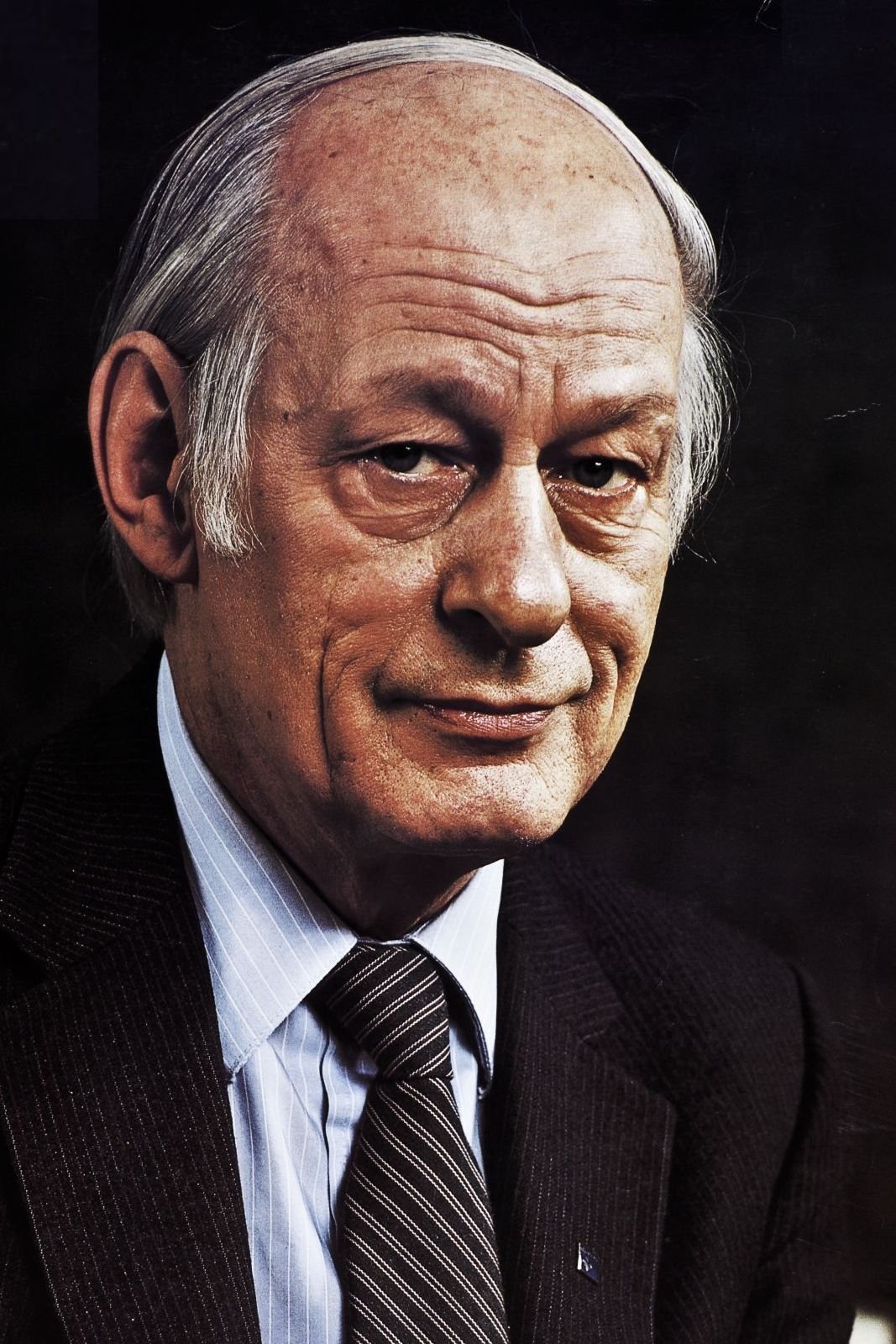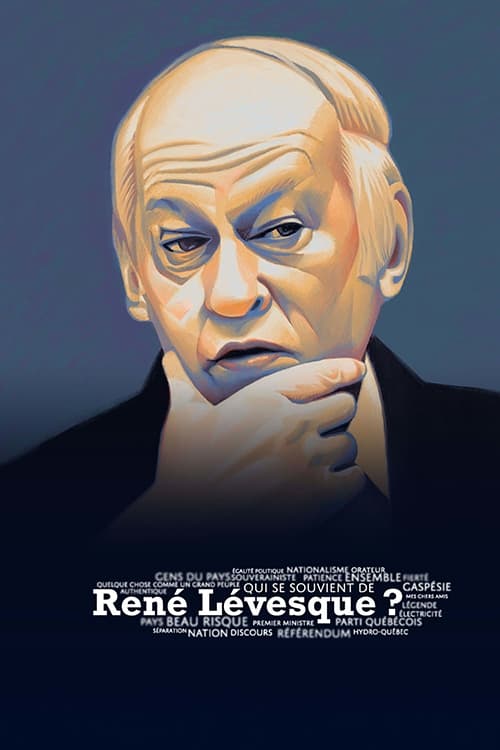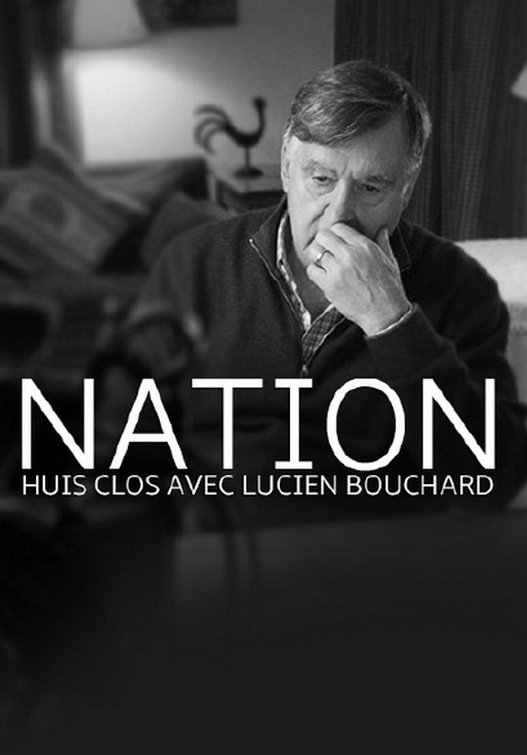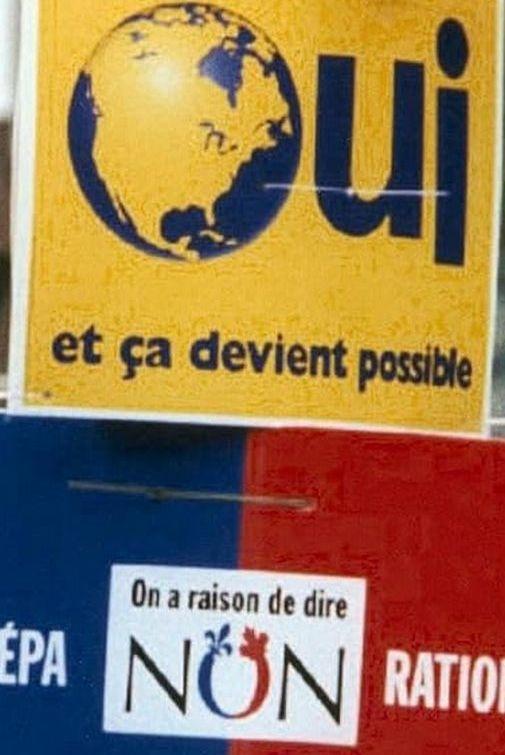

René Lévesque (1922–1987) was a Québécois politician and journalist who served as the 23rd Premier of Quebec from 1976 to 1985. Starting his career as a reporter, and radio and television host, he later became known for his eminent role in Quebec's nationalization of its electric power industry, and as an ardent defender of Quebec sovereignty. He was the founder of the Parti Québécois political party—and before that, a liberal minister of the government of Quebec from 1960 to 1966 and the first Québécois political leader since Confederation to attempt, through a referendum, to negotiate the political independence of Quebec.

With his charisma, his energy, his integrity - but also...

Carl Leblanc records the memories of politician Lucien Bouchard. As...

October, 1995. The most important political event in recent Canadian...